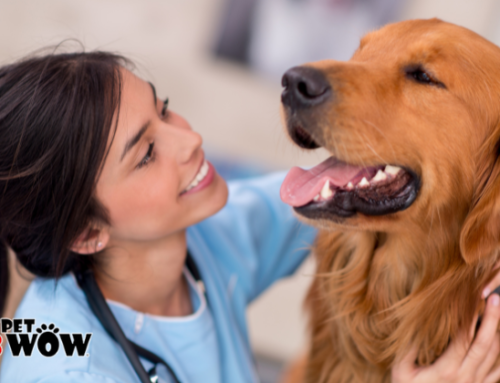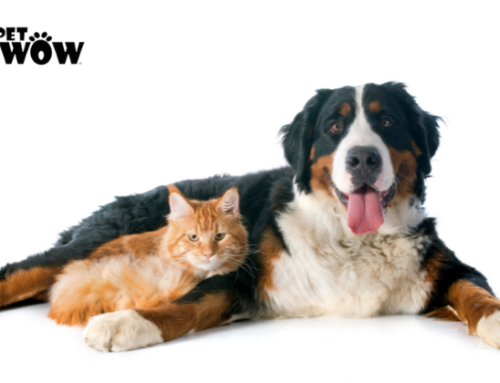
Most pet owners would agree that protecting their pets from preventable health risks is an easy-to-keep priority. And while exercise, eating right and drinking plenty of water can help to keep pets healthy and active for many years, preventing deadly heartworm disease should also be among your top priorities. Understanding how heartworm disease is transmitted, how it affects pets’ health and how you can prevent your pets from contracting heartworm will help you to keep it top of mind.
How Heartworm Is Transmitted
Heartworm is a parasite that can enter into a dog’s or cat’s bloodstream by way of a mosquito bite. Some mosquitoes can carry heartworm larva on their needle-like mouth parts from biting animals that are already infected with the disease. When an infected mosquito bites your pet, the heartworm larva enters her bloodstream. Infected pets are not contagious, so remember that heartworm is not spread from pet to pet.
How Heartworm Affects Pets
The heartworm larva begins to mature in an infected pet’s bloodstream before taking up residence – and growing to maturity – inside the pet’s heart. As the heartworms multiply and grow, they obstruct blood flow, damage the heart and adversely affect breathing and circulation to vital organs. Although infected pets may not immediately show any symptoms of heartworm disease, eventually they will cough, become lethargic, lose their appetite and breathe heavily. Advanced stages of heartworm disease can lead to death. However, there are a number of things you can do to prevent heartworm disease from affecting your pets.
How You Can Prevent Heartworm
Preventing heartworm disease from affecting your beloved pets is a fairly easy task. Giving your pets a monthly chewable tablet of a preventive medicine is by far the most effective form of heartworm prevention. As well, keeping pets out of mosquito-infested areas and waterways (where mosquitoes breed) in warm weather can reduce the risk of heartworm by preventing the likelihood of mosquito bites.
Additionally, you can drain standing water from areas where your pets spend time and empty outdoor water dishes regularly. These simple tasks will keep mosquitoes from breeding and living in your pets’ happy places and also reduce the risk of bites from mosquitoes that are infected with heartworm.
Guard your family pets from the threat of heartworm disease right away! Call or schedule an appointment with PetWow today at 513-738-9691 or email Info@PetWow.com. Offering top-notch animal care since 1998, Pet Wow’s fully mobile Home Veterinary Care now serves more than 11,000 customers and 16,000 pets throughout the Greater Cincinnati/Northern Kentucky area!





